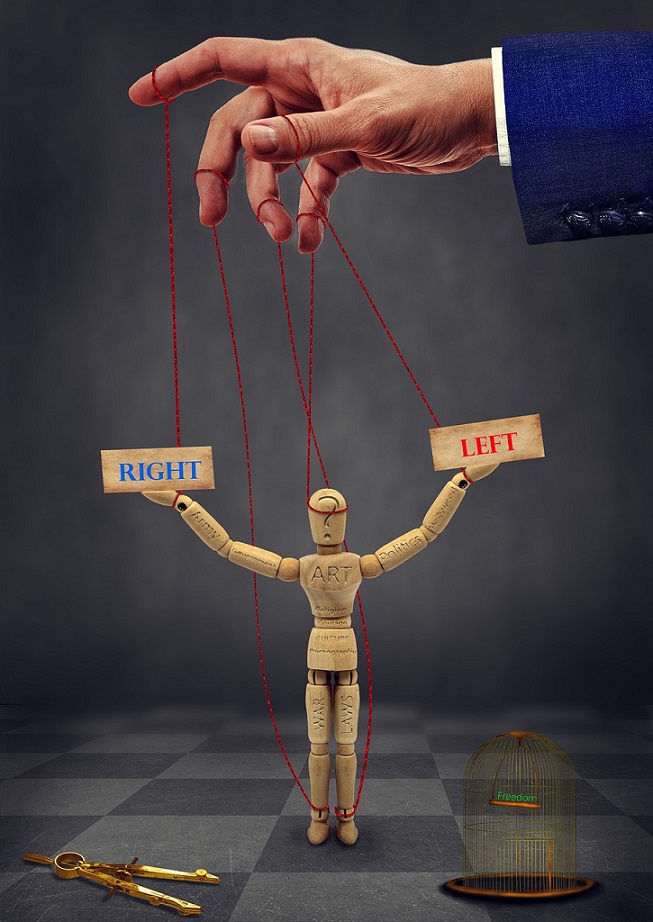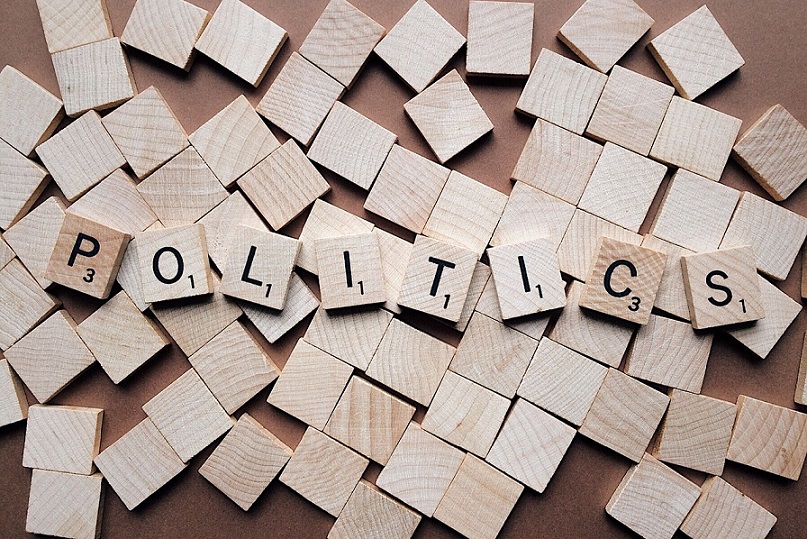The nature of the new, modern and democratic social order is up for debate and it is one of the principal challenges for the Caribbean and Latin American left. It is imperative that there is a critical reading of their experiences and those of popular forces around the world with the aim of improving that idea of the future.
 Juan Diego García
Juan Diego García
The Latin American and Caribbean left’s justified optimism about recent electoral triumphs should not lead to the challenges the current social order places on it, and its own internal weaknesses regarding its programme and the nature of its organisation, being ignored.
These countries’ social order constitutes the greatest obstacle, since at best it corresponds to moderate capitalist development (production of consumer goods) and, at worst, to economies limited to being simple exporters of raw materials. For various reasons, almost all of them are also exporters of cheap labour to the metropolitan markets. No significant attempt can be detected in any of them to create production goods or notable projects to access the new technologies that occupy the very centre of the current Technological Revolution.
Domestically, the creole bourgeoisie controls the principal levers of the economy, enjoys sufficient backing from the public sector (in particular the armed forces and the police) and has enough electoral support among the popular sectors and the middle classes to give it an advantageous balance of power in the legislative branch.
All this is intensified with the application of the neoliberal model still in place in the majority of the countries in the region.
 To this control of almost all the forms of effective power, which on so many occasions has allowed the creole bourgeoisie to torpedo any significant reform by progressive governments, must be added the firm backing it receives from international capitalism. Fortunately, this negative factor can be improved with appropriate management of international relations establishing all types of links with emerging powers (the BRICs in particular) to create room for manoeuvre in defence of the national interest.
To this control of almost all the forms of effective power, which on so many occasions has allowed the creole bourgeoisie to torpedo any significant reform by progressive governments, must be added the firm backing it receives from international capitalism. Fortunately, this negative factor can be improved with appropriate management of international relations establishing all types of links with emerging powers (the BRICs in particular) to create room for manoeuvre in defence of the national interest.
Overcoming the current neoliberal model (in all its spheres, from economics to culture) implies the objective of returning to the state its key functions in the management of public affairs and returning to it its function as an essential producer in each and every one of the sectors of the economy.
The idea of promoting a certain state capitalism involves obtaining broad popular support and consolidating alliances with sectors of medium-sized and small property holders. The former is reached by diminishing the enormous social and economic inequalities affecting the majority of the population and boosting their broad political participation to consolidate democratic forms. The latter (consolidating alliances with sectors of medium-sized and small property holders) is not easy but nor is it impossible as, in the end, the neoliberal model that gives priority to so-called ‘extractivism’ and drastically diminishes the local market does not benefit the local middle or petty bourgeoisie either.
Promoting appropriate forms of protectionism is a way to gain political support from these sectors of national production, so affected by the free trade system that only benefits the metropolitan economies. And protecting the national economy does not mean giving up exporting, just doing it differently.
The case of lithium demonstrates what that protectionism consists of: lithium is not exported as a raw material; instead, its industrial processing in the country is promoted, something that could well happen in association with foreign businesses and in a way that satisfies the national interest.
 The protection of national production is complemented by regional integration, another of the banners of the current progressive governments in the region.
The protection of national production is complemented by regional integration, another of the banners of the current progressive governments in the region.
The case of the pharmaceutical industry which gained great prominence through the Covid-19 pandemic would be another example to overcome the current disadvantageous dependency on the large drug monopolies.
The dismantling of the current neoliberal model will be the result, again, of an advantageous balance of power the left manages to achieve. The nature of the social order that replaces the current one will depend undoubtedly on an immediate programme that allows advancement in the modernization and democratisation of these societies.
The forms of state capitalism are a step in this direction, with the peculiarity of being a state capitalism under the political and social hegemony of the popular sectors since here the classic national bourgeoisie that modernised its countries imposing itself on laggard sectors and seeking advantageous ways of participating in the world market does not exist.
In this region there are undoubtedly sectors that can be considered ‘national bourgeoisie’ but they are not decisive within a dominant class that fundamentally identifies with the metropolitan bourgeoisie and does not feel uncomfortable in its role as administrator of modern forms of neo-colonialism.
 The urgent tasks must not prevent the debate on the future world that is aspired to.
The urgent tasks must not prevent the debate on the future world that is aspired to.
The necessary link between immediate tasks and longer-term ones is the only thing that allows the very nature of the left within the popular and reformist movement to be defined with clarity.
The divisions, differences and even conflicts between the parties on the left and between the various forms of the popular movement are inevitable manifestations and managing them appropriately will enable them to emerge successfully and strengthened. Consolidating the organisation typical of the left (its parties) and that typical of the popular movements (unions, associations, citizen movements etc) constitutes one of the biggest challenges for both groups.
It is equally vital to reach the high degree of organisation, continuity in the management of affairs and necessary professionalism the complexity of the modern world demands.
Achieving the necessary harmony between the political organisations of the left and the many forms of popular mobilisation is, in many respects, one of the most urgent and necessary tasks the current situation demands of the left.
(Translated by Philip Walker -Email: philipwalkertranslation@gmail.com) – Photos: Pixabay












.jpg)












